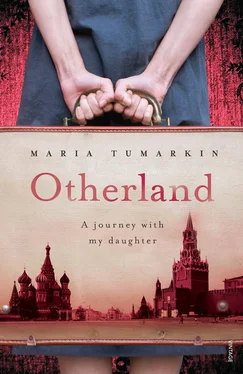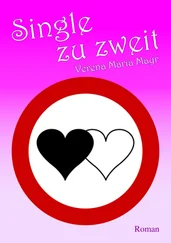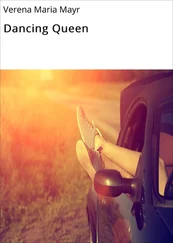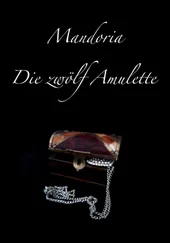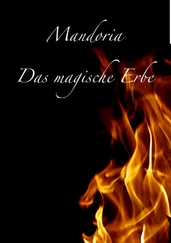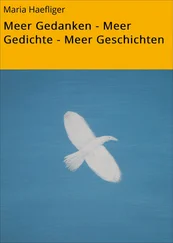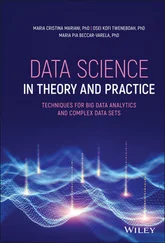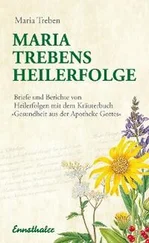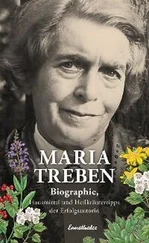This is from Mikhail Jvanetsky, beloved of both my parents’ generation and my own, a writer and performer of monologues that combine satire and lyricism in a way that no one else has done, not in the Russian language anyway. He wrote these lines in response to the unravelling of our Soviet world. So what to do then? ‘We must hold freedom with our teeth. We must squash the great leaders, who inhabit a parallel reality and who have destroyed our youth. And, above all, we must fear nothing.’
Jvanetsky was telling us to hold freedom with our teeth , but the Tumarkins were leaving. We had fifteen numbered black suitcases and our visas. My parents quit work. My mother went first, leaving her engineering job of twenty years for a firm known, along with countless others, simply as a postbox – a closed organisation that did not have a listed address. For us to get an exit visa, she had to have some innocuous last place of employment with no security clearance and no access to anything remotely resembling classified materials. So she took a job with a newly formed co-operative, colouring prints of Lenin. My father left his academic position at the Ukrainian Institute of Technology, where he taught evening classes and worked on scientific research in hydraulics for the aviation industry. Now both of them were not only unemployed but unemployable, at least in their professional capacities. Emigration was permitted, and hundreds of thousands were leaving, but there was a price to pay. Once you made the decision and put your documents in, there was pretty much no way back. My sister, who was the first to decide that she was emigrating no matter what, and whose resolute stance on the matter was a catalyst for my parents, graduated from her arts academy and was all ready to go. I left my high school, the first of my class to walk out the door for good.
Jvanetsky was telling us to fear nothing , yet we were going. We feared a lot, of course, and that is why, to some extent at least, we were packing. We feared that in our neck of the woods, any outbreak of nationalist sentiment, any movement for ethnic self-determination and independence, would invariably result in Jews being seen as the root of, if not all then most, evil. Anti-Semitism officially condemned by the government, but practised by it clandestinely and viciously, seemed likely to become the opium of the embittered masses, and we did not want to stick around for that. We feared a military coup and the rapid curbing of freedoms. The Soviet Union, after all, was never the country of velvet revolutions. We feared the bitterness, cynicism and despair of people who, having experienced some fresh air in their lungs, would in all probability be sent back into the catacombs. We feared that, no matter what official decisions were made, what official direction taken, entire generations needed to die out before this seventy-year experiment would truly be over.
It was in 1989 that the worst train disaster in Soviet history killed more than six hundred people, including almost two hundred children on their way to summer camps on the Black Sea. In the southern Ural Mountains two passenger trains were on the railroad, passing each other, when a gas pipeline exploded. It turned out that the technicians who noticed a dip in pressure along a section of the pipeline turned up the gas flow instead of searching for and fixing a leak. This incident, a few months before our departure, seemed to sum up the country we lived in – a country where unthinkable disregard for human life was practised on every level, by everyone. We feared that all the exhilarating freedoms of the past few years were just like the gas flow turned up and up until there followed the inevitable deadly explosion.
We were wrong, of course, but we were also right.
Yet surely the promise of escape must have felt at least a little bit exciting to the barely fifteen-year-old me. The boy I was in love with was, in turn, in love with a girl infinitely better looking and talented, who, for her part, was in love with another boy better looking and arguably more talented than the object of my unrequited and poorly concealed affection. In this love pyramid, I was at the very bottom, flattened beyond recognition. I know most people wriggle like crazy right through adolescence, as if our teenage lives were ill-fitting woollen jumpers ready to tear and bite us, but before we left I had been feeling like a snail without a shell, pathologically exposed and vulnerable. School for me was not a bitter-sweet study in contrasts. It was like burnt toast buttered with soot. I hated most of my teachers, felt alone among my classmates and was picked on with gusto for refusing to shut up. I was also openly Jewish – a fact that was duly noted in our class journal, as required across all schools. The class journal, where our grades were entered, was kept at all times on our teacher’s desk. At the back of the journal was a list of all the students’ names and ethnicities – Russian, Ukrainian, Armenian and, of course, Jewish. In a class where at least one-third of kids were Jewish, only five surnames at the back of the journal had the word ‘Jew’ next to them. The rest, who included, ironically, a girl by the name of Rabinovich, as well as my best friend Alexandra Gourevitch, were entered as anything but. It really didn’t matter what you were – a gypsy or a Martian. As long as you could find a microscopic drop of non-Jewish blood in your genetic pool, you were in business. My parents did not care for that kind of evasion.
Almost every time the teacher left the classroom to fetch something from the teachers’ room or, in the case of our teacher Larisa Pavlovna, to manically inhale her hourly dose of nicotine in a little alleyway behind the school, the kids would throw themselves on this journal. First, the latest grades were examined and announced to the class; then, inevitably, the stronger kids elbowing their way to the teacher’s desk, the page with all the nationalities would be opened and those unfortunate enough to be written in as Jews would be outed again and again. The outing was accompanied by name-calling and the joyous recitation, in a voice filled with triumphant, slimy disdain, of obscene little ditties that held the Jews’ legendary greed and cunning responsible for all the world’s ills, including the declaimers’ particular list of grievances and resentments.
In situations like that, it took everything I had not to close my eyes and ears, not to curl up in a little ball, not to start laughing slavishly together with those stupid, bloodthirsty dickheads. Filthy Jew, ha-ha-ha. The nose is dragging on the ground, oh-ho-ho! It took everything I had to open my mouth, even if only to let hot air come out – hot air or some pathetic fragments of sentences that no one could decipher, let alone feel chastened by. Then, of course, the teacher would return, and the carnival would be over for the time being. The kids did not make any of it up, of course, not even the stupid poems. They were simply repeating what they had heard at home, on the street, in the school. They were re-enacting the adult world to the best of their not inconsiderable abilities.
My home and school were two separate ecosystems with radically different conditions, which meant I moved between them at my own risk, adjusting as quickly as I could to changes in temperature, different oxygen levels in the air and to the presence of other living organisms besides me. School was the place where every ounce of genuine passion was thwarted, every fire inside us instantly put out. Home was the place where my sister was making art, much of it brilliant, out of everything she could get her hands on, just like in that immortal poem by Anna Akhmatova: ‘If only you knew from what rubbish/Poetry grows, knowing no shame.’ Having grown up with Inna’s frenetic, swiftly burning version of the creative process, I have never learned to afford as much validity to quieter, colder, more detached forms of creativity. My sister’s many friends were like her too, or so this is how I remember them – gregarious, fiery and free.
Читать дальше
